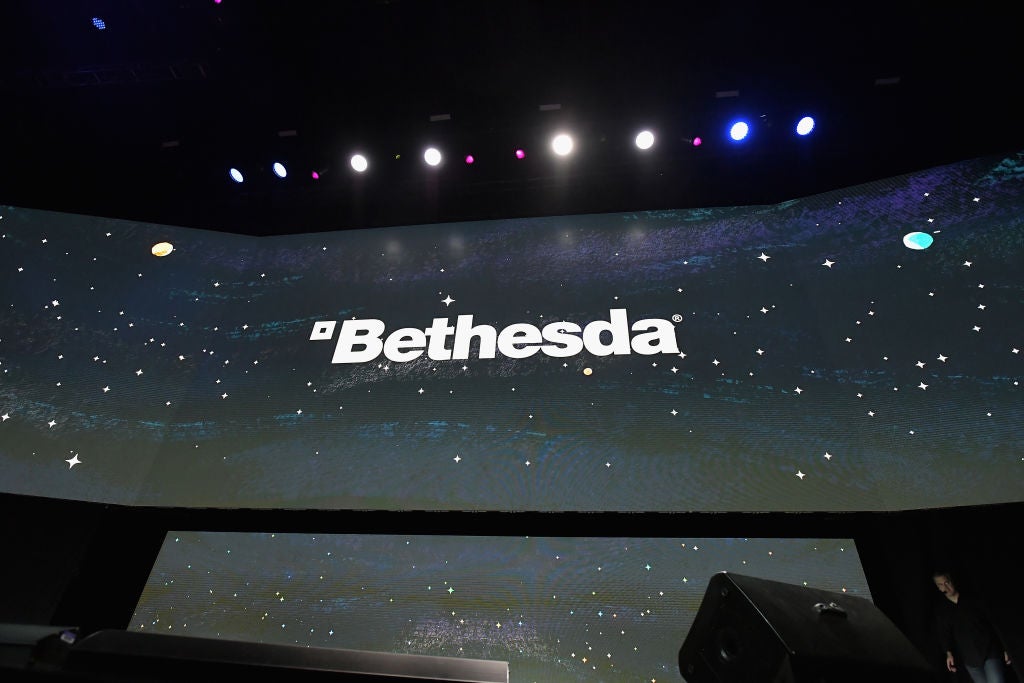
In the year that the #MeToo movement highlighted the problem of harassment in the workplace, a renewed focus on the issue of diversity was a defining feature of 2018.
Today, Forbes published its Best Employers For Diversity 2019 list, a ranking of US companies that have taken significant steps to improve diversity within their organisations.
Working with Statista, Forbes surveyed 50,000 Americans working for businesses with at least 1,000 employees, and came up with a list of 500 companies going some way to improve diversity.
Metal packaging company Ball came out on top for its “dedication to cultivating a diverse, inclusive culture”. But as well as highlighting those who are actively combatting underrepresentation in the corporate world, it also brought to light the shortcomings of others.
Despite initiatives to boost diversity in the tech industry in recent years, there is a notable lack of companies from the sector in the list.
Under the umbrella “IT, Internet, Software and Services”, just six companies made the top 100. The companies that made the cut were SAP, Salesforce.com, Ultimate Software Group, Intuit, PayPal, Workday.
How well do you really know your competitors?
Access the most comprehensive Company Profiles on the market, powered by GlobalData. Save hours of research. Gain competitive edge.

Thank you!
Your download email will arrive shortly
Not ready to buy yet? Download a free sample
We are confident about the unique quality of our Company Profiles. However, we want you to make the most beneficial decision for your business, so we offer a free sample that you can download by submitting the below form
By GlobalDataDiversity in tech
Despite the image of being forward-looking, the tech industry, as well as the Science, Technology, Engineering and Maths (STEM) sector more generally, is unfortunately plagued by the same issues related to diversity as traditional industry, and its reputation for being male-dominated is well-documented.
Professor Binna Kandola, a business psychologist at Pearn Kandola said:
“There was once a sense that tech companies would not only be disruptive in the way business is carried out, but would be free of the prejudices and biases of older, longer-established organisations. The tech companies would not be hide-bound by old-fashioned and traditional attitudes. Instead they would be open, liberal and fair. Unfortunately, whilst they are transforming the way business is conducted, their results as far as diversity is concerned, are just as bad, arguably worse, than more conventional companies.”
In fact, the stereotype of a white male Zuckerberg-esque figure may mean that a lack of diversity is even more pronounced. Just 19% of employees in the digital tech sector are women, according to the ONS Annual Population Survey from 2017, demonstrating that the industry is failing to recruit from a wide range of talent.
Zoe Cunningham, CEO of Softwire believes that a lack of diversity in tech is potentially damaging for the industry:
“While we’re making progress, we still have a long way to go to drive not just gender equality, but diversity as a whole in the industry. Many STEM related fields still appear to be resistant to certain minorities, and we need to understand the detrimental impact this can have on progress being fully realised in the tech industry. Diversity in tech makes business sense. We must focus on making diversity more than just a trending hashtag; instead, schools, colleges and organisations need to work together the unleash minorities’ previously restricted potential.”
“The industry must better engage with people at a young age”
In recent years, there have been efforts to attract a more diverse range of people. Just yesterday, the The Tech Talent Charter was launched, a commitment by organisations to increase the level of diversity in tech, but as is reflected by the Forbes ranking, such efforts have not yet translated into real change in terms of company culture.
According to Tech.co, 10 large technology companies in Silicon Valley had no black women employees in 2016, with nearly one-third of large tech companies in Silicon Valley having no executives who were women of colour.
This is particularly prevalent in some areas of the industry, with research conducted by LinkedIn revealing that only 28% of software engineers are women.
Fabiana Xavier, Creative Director at Connectt and President of SheSays, an NGO promoting gender equality in creative industries believes that a lack of representation in the tech industry is further affecting its potential to attract future talent from all backgrounds:
“The tech industry remains largely white-male dominated, fundamentally due to the lack of role models inspiring the next generation of women and minority groups that a career in technology is possible, and aspirational.
“The industry must better engage with people at a young age, nurturing talent from early on in the education system. This is perceived by many as a challenge when it’s really an opportunity. And we have to make progress; if we don’t then we’ll remain in the same cycle, where diversity continues to be an issue.
Joan Pepin, chief information security officer and VP of operations at Auth0 believes it is important to incorporate inclusivity into the company culture, particularly creating an environment supportive of transgender employees:
“First and foremost, companies need to bring in an educator or educate themselves on the issues, so they can answer initial questions, instead of leaving it to the trans person to be a spokesperson for the transgender community. When a trans employee comes out, it’s important for leaders and managers to have a discussion without the person present, so teammates can ask questions that might otherwise be awkward or sensitive. Having someone make the announcement for you and establish the rules of engagement makes the process tremendously easier: for example, “this is the person’s new name and pronoun, and we expect you to use it.”
“Getting every woman onboard isn’t enough”
This lack of diversity in tech may, in fact, be holding many companies back. According to research by the American Sociological Association, organisations that have more of a gender balance are 21% more likely to have above-average profits than their less diverse counterparts.
Sabrina Castiglione, CFO at Tessian and founding member of Women Empowering Diversity in Startups believes that this issue begins during education:
“At the classroom level, girls are not taking up STEM (science, technology, engineering and mathematics) subjects. There a number of reasons for this. One is the expectations that are put on young women. STEM, especially computer science, are not seen as “girl” subjects. This sentiment is compounded by peer pressure, particularly among girls. A lot of girls are not confident enough to take the computer science class when they’d be the only one of their friends doing it.”
She believes that initiatives should not only include women, but raise awareness of the issues among men too:
“A lot of women-in initiatives are by women, for women. However, in the STEM industries where representation is so low, getting every woman onboard isn’t enough, as they won’t have the requisite majority to effect real change. It’s really important that diversity initiatives target those that don’t fit into that ‘diversity’ characteristic in order to get them on board and be allies. One of the weaknesses of the initiatives so far is that they’re only targeting women, and women are pretty on board for female equality.”
Razvan Creanga, CEO and co-founder of hackajob believes that high-tech solution may go some way to combat the issue. The use of artificial intelligence in recruiting has been trialled at a number of companies, and Creanga believes that it may be a way of reducing unconscious bias:
“While highly skilled technical candidates from a diverse range of backgrounds are poised for work and actively seeking new roles, they are often overlooked for a variety of reasons, whether it’s due to unconscious bias, vacancies being offered to candidates who have previously worked for the company, or recruitment managers filling roles with a limited understanding of the technical skills required.
“In order to become a truly diverse and unbiased workforce, the technology industry must move to a recruitment system that promotes meritocracy above all else. Candidates must be evaluated on their technical skills and strengths, and must be matched to a role based on these factors primarily, rather than the contents of their CV.”







